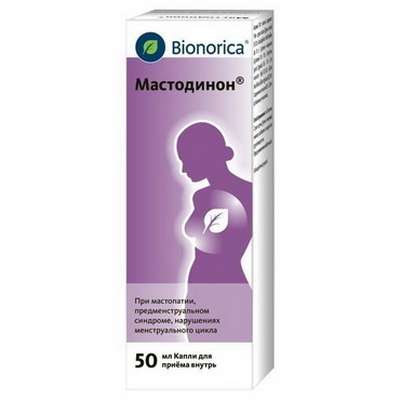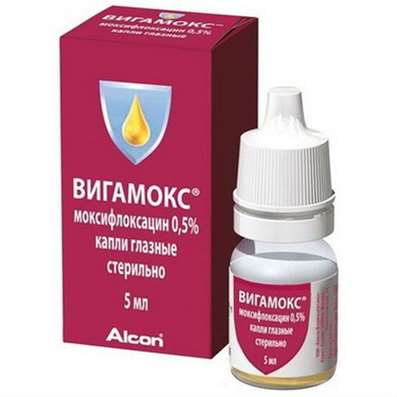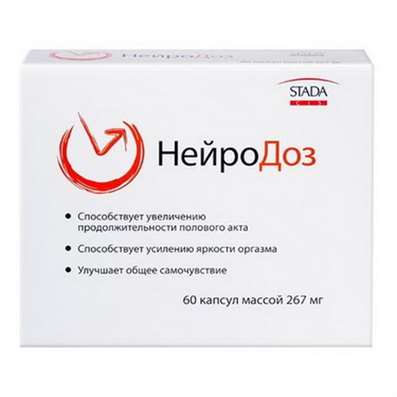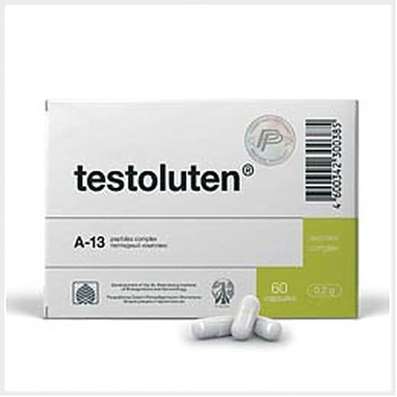Psychopharmacotherapy
19 Dec 2016
Caffeine - a psychostimulant with a small therapeutic window, since peripheral effects significantly more pronounced than the central. Mechanisms of action - indirectly (through cAMP) increases the production of adrenaline.
Vitamins - do not apply to medicines, and dietary supplements. The positive effect of B vitamins (B1 and B12, Methylcobalamin) on cognitive function is indicated only in patients with the appropriate vitamin deficiency usually - people are in long binges.
Other effects are absent in healthy individuals.
Glycine - a single study with normal design, show the efficacy of the substances to improve brain cognitive functions have been conducted.
Ginseng tincture - on health is not affected. For people with weak manifestations of the apathy and drowsiness can have a positive effect. However, the likely side effects as anxiety, insomnia, irritability, increased blood pressure. Also shown cancer increases the risk of blood, especially in children. The same can be said of Eleutherococcus.
Rhodiola rosea extract, tincture (extract) the fruits of Schisandra - the effect is not proven, normal studies have been conducted.
Mildronate - the effect is not proven.
Because not listed, but the current proved.
Nicotine - a weak psychostimulant with a small therapeutic window. Mechanism of action: increase dopaminergic transmission and blocking monoamine oxidase.
Amphetamines - stimulants. Stimulates the release of dopamine in the synaptic cleft and norepinephrine.
Cocaine and its ilk - psychostimulants. Mechanisms of action: increases the concentration in the synaptic cleft of such monoamines like dopamine, serotonin, norepinephrine.
Pirovalerone, qcbl, n-bom - effects similar to cocaine, with more side effects. The mechanism of action and long-term effects have not been studied properly. These substances are often a part of "Spice", "salt", "speeds".

 Cart
Cart





